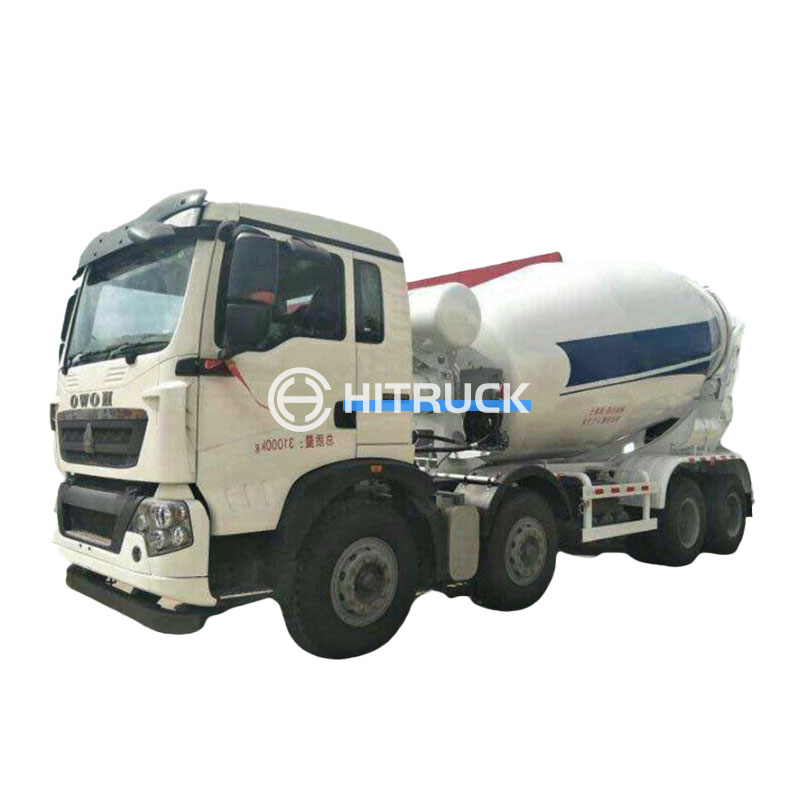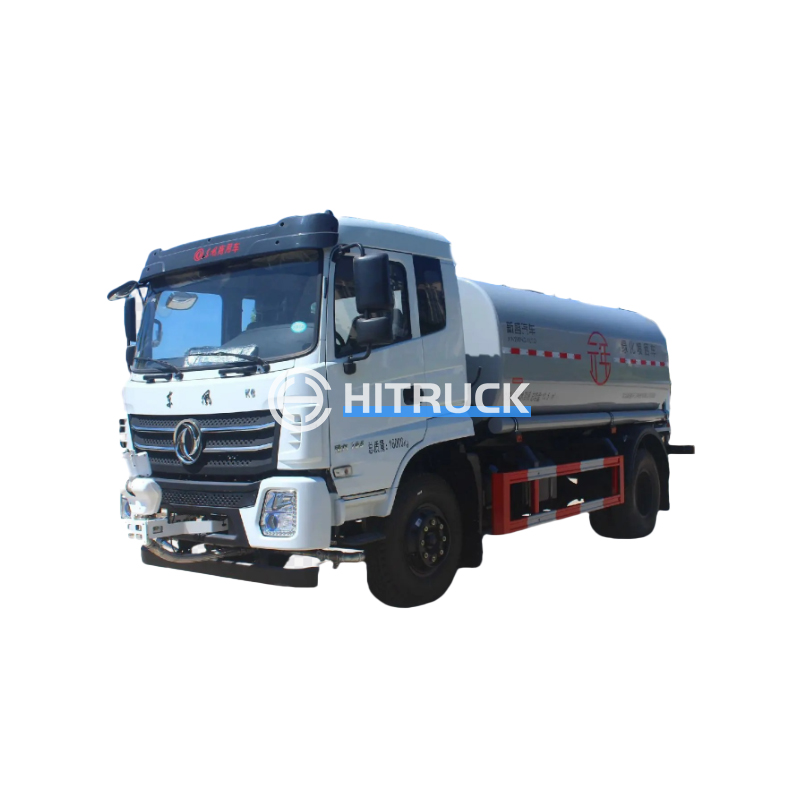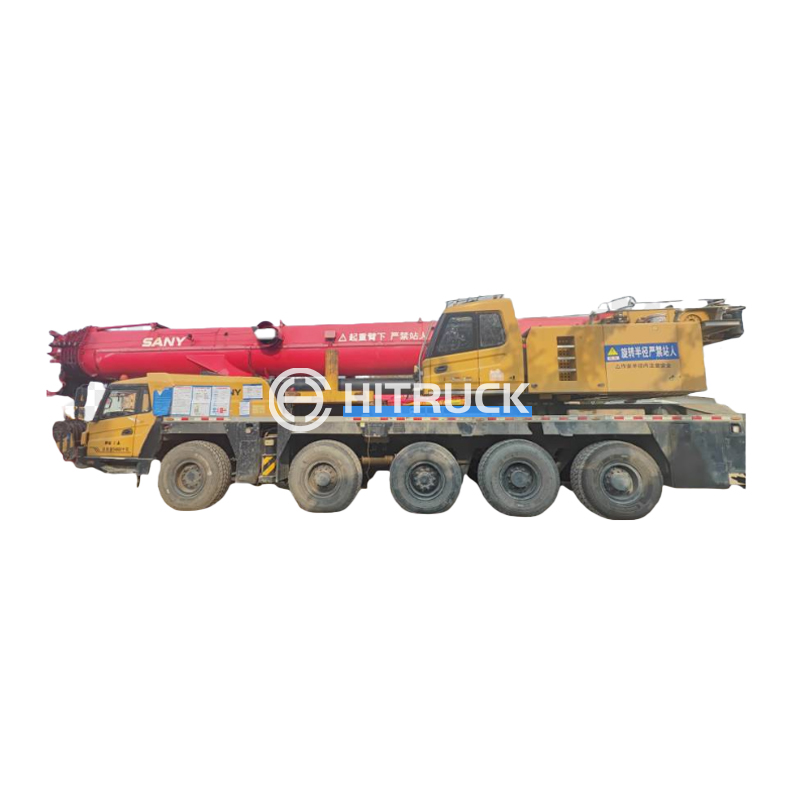This guide helps you navigate the world of tower crane suppliers, offering insights into selecting the perfect partner for your construction project. We cover key factors to consider, ensuring you find a supplier that meets your specific needs and budget, ultimately contributing to a successful project outcome. Learn about different crane types, crucial features to look for, and how to evaluate supplier reliability and reputation.
Before searching for tower crane suppliers, clearly define your project's specifications. This includes the type of construction, the height required, the lifting capacity needed, and the duration of the project. Understanding these specifics will help you narrow down your search and focus on suppliers who offer compatible equipment. Consider factors such as the terrain, accessibility, and any potential space constraints on your site.
Different tower cranes are suited to different tasks. Common types include luffing jib cranes (ideal for confined spaces), hammerhead cranes (for large construction projects), and top-slewing cranes (versatile options for various applications). Research the advantages and disadvantages of each type to determine which best suits your project needs. Consult with experts if you're uncertain about the best choice.
Thoroughly research potential tower crane suppliers. Check online reviews, industry ratings, and seek references. Look for a proven track record of delivering quality equipment and services. Inquire about their safety procedures and maintenance programs. A reputable supplier will prioritize safety and have transparent processes.
Beyond just providing the crane, consider the level of service and support offered. Does the supplier provide installation, maintenance, and repair services? What is their response time for emergencies? A comprehensive support network can minimize downtime and ensure a smooth project execution. Consider suppliers who offer training for your operators.
Obtain detailed quotes from multiple suppliers, ensuring a clear understanding of all costs involved. This includes the crane rental or purchase price, transportation, installation, maintenance, and any additional fees. Carefully review the contract terms and conditions to ensure they are favorable and protect your interests. Look for transparency and competitive pricing.
Prioritize safety features like emergency stops, overload protection systems, and wind speed monitoring devices. These are crucial for ensuring the safety of your workers and preventing accidents. Confirm that the supplier prioritizes safety compliance and adheres to all relevant industry regulations.
A tower crane requires regular maintenance to ensure optimal performance and longevity. Inquire about the supplier’s maintenance schedules and their capabilities to handle repairs quickly and efficiently. Choose a supplier who provides comprehensive maintenance contracts or readily available parts.
Modern tower cranes often incorporate advanced technologies like remote monitoring systems and automated controls. These can improve efficiency and safety. Consider whether these features are important to your project and if the supplier offers cranes with such capabilities.
You can find tower crane suppliers through online directories, industry associations, and trade shows. Online searches are a great starting point, but always verify information and seek multiple sources. Remember to check the supplier’s licensing and insurance to ensure they operate legally and responsibly.
| Feature | Supplier A | Supplier B |
|---|---|---|
| Price | $XXX | $YYY |
| Maintenance Contract | Yes | No |
| Safety Features | All standard features | Limited features |
| Delivery Time | 2 weeks | 4 weeks |
Remember to always conduct thorough due diligence before selecting a tower crane supplier. Consider factors like reputation, experience, safety standards, and after-sales support to ensure a successful project. For heavy-duty equipment needs, consider checking out reputable suppliers like those found on Hitruckmall - they may have options suitable for your requirements.
Disclaimer: This information is for guidance only. Always consult with professionals and conduct your own research before making any decisions.












